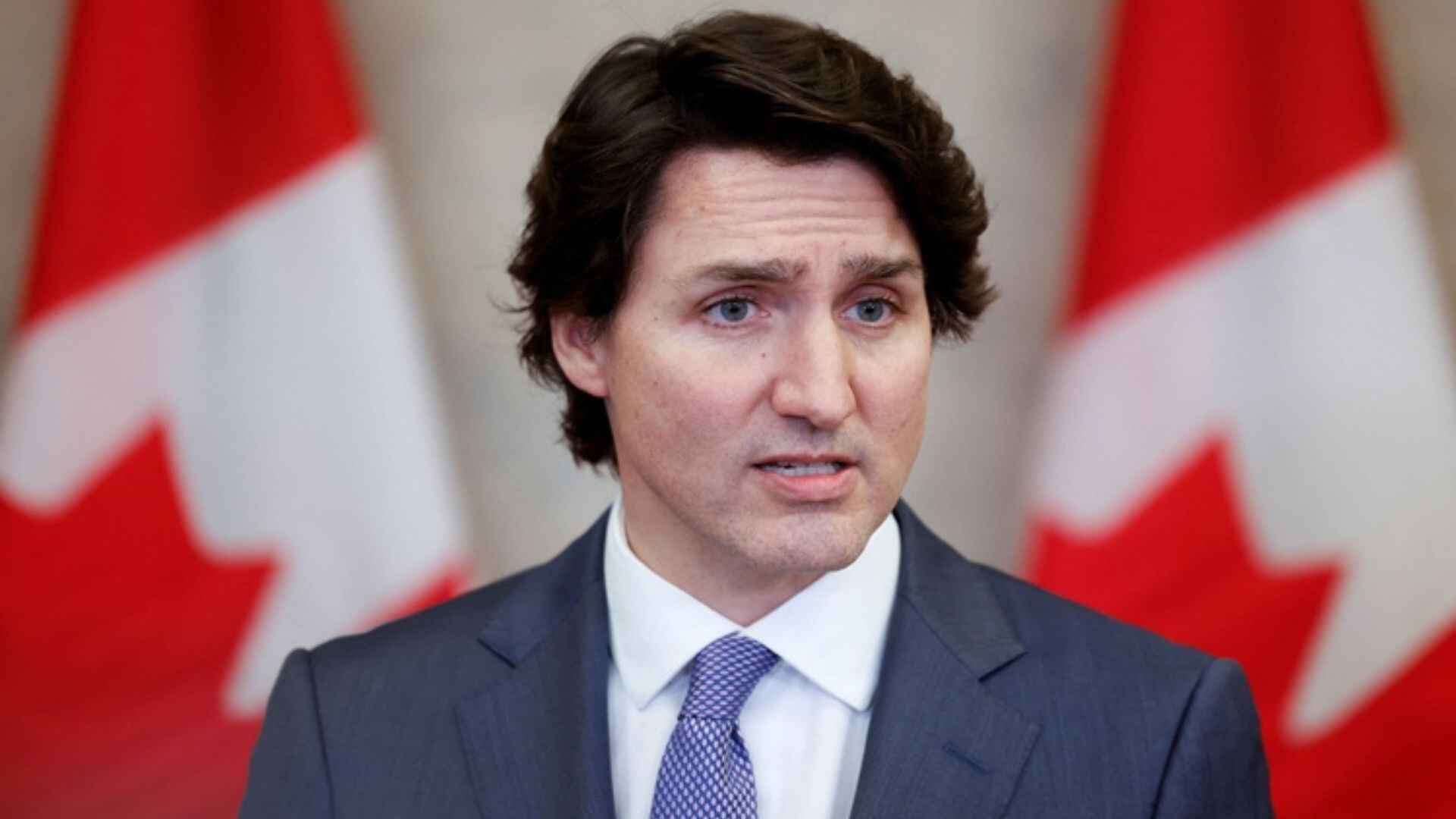Canadian Prime Minister Justin Trudeau acknowledged on Wednesday that his government lacked solid evidence when it initially accused India of involvement in the killing of Khalistani extremist Hardeep Singh Nijjar. This admission comes amid escalating tensions between the two nations, raising concerns about the diplomatic fallout from these unverified claims.
Testifying before the foreign interference inquiry, Trudeau conceded that the accusations against India last year were based on weak intelligence rather than conclusive proof. “They [India] asked us how much do you know? Give us the evidence you have on this and our response was well, its within your security agencies, you should be looking into how much they know you should be engaging.”
Watch:
🤦🏽♂️ Olympic level clownery. Justin Trudeau just went on air to admit that Canada has shared NO evidence with India, only ‘intelligence’ on its allegations. pic.twitter.com/Z9BRju1PWK
— Shiv Aroor (@ShivAroor) October 16, 2024
“They [India] asked to show the evidence, and at that point, it was primarily intelligence, not hard evidentiary proof,” Trudeau clarified, highlighting the tenuous foundation of the initial charges.
Must Read: Donald Trump Accuses Google Of Being ‘Rigged,’ Warns Sundar Pichai Of Company’s Downfall
Trudeau’s admission comes at a time when Gurpatwant Singh Pannun, a designated Khalistani terrorist and leader of the banned group Sikhs for Justice (SFJ), made a startling revelation. Pannun claimed he had been in regular contact with Trudeau’s office over the past three years, further complicating the ongoing tensions between Canada and India.
The diplomatic rift intensified when Canada labeled India’s High Commissioner and other diplomats as “persons of interest” in the Nijjar investigation. India quickly dismissed the accusations, calling them “preposterous” and attributing them to Trudeau’s political agenda.
Canada has expelled six Indian diplomats, accusing them of being involved in coercive intelligence-gathering operations on behalf of the Indian government.
Mike Duheme, commissioner of the Royal Canadian Mounted Police (RCMP), outlined the findings, explaining that Indian officials in Canada used their positions to conduct covert activities, including collecting information on members of the South Asian community.
Duheme also disclosed that certain individuals and businesses in Canada were “coerced and threatened” into assisting Indian agents. “The information collected by the Government of India is then used to target members of the South Asian community,” he stated.
The inquiry has sparked significant concern about the scope of foreign interference, with Duheme hinting at potential connections between Indian agents and violent incidents, including homicides. He added, “India is targeting the South Asian community, specifically focusing on pro-Khalistani elements in Canada.”
In response to the allegations, India retaliated by expelling six Canadian diplomats, including the acting high commissioner in New Delhi. The Ministry of External Affairs (MEA) of India condemned Canada’s actions, asserting that they jeopardized the safety of Indian diplomats.
“The baseless targeting of the Indian High Commissioner and other diplomats and officials in Canada was completely unacceptable,” the MEA said.
India’s statement also accused Trudeau’s government of creating an atmosphere conducive to extremism and violence, claiming that it has allowed violent extremists to intimidate Indian diplomats and community leaders in Canada. New Delhi further criticized Canada’s government for failing to provide evidence to support Trudeau’s earlier accusations about India’s involvement in the killing of Khalistani extremist Hardeep Singh Nijjar.
Also Read: Lorena Bobbitt New Documentary Breaks Silence: “It’s About What Put Me in That Position”




















